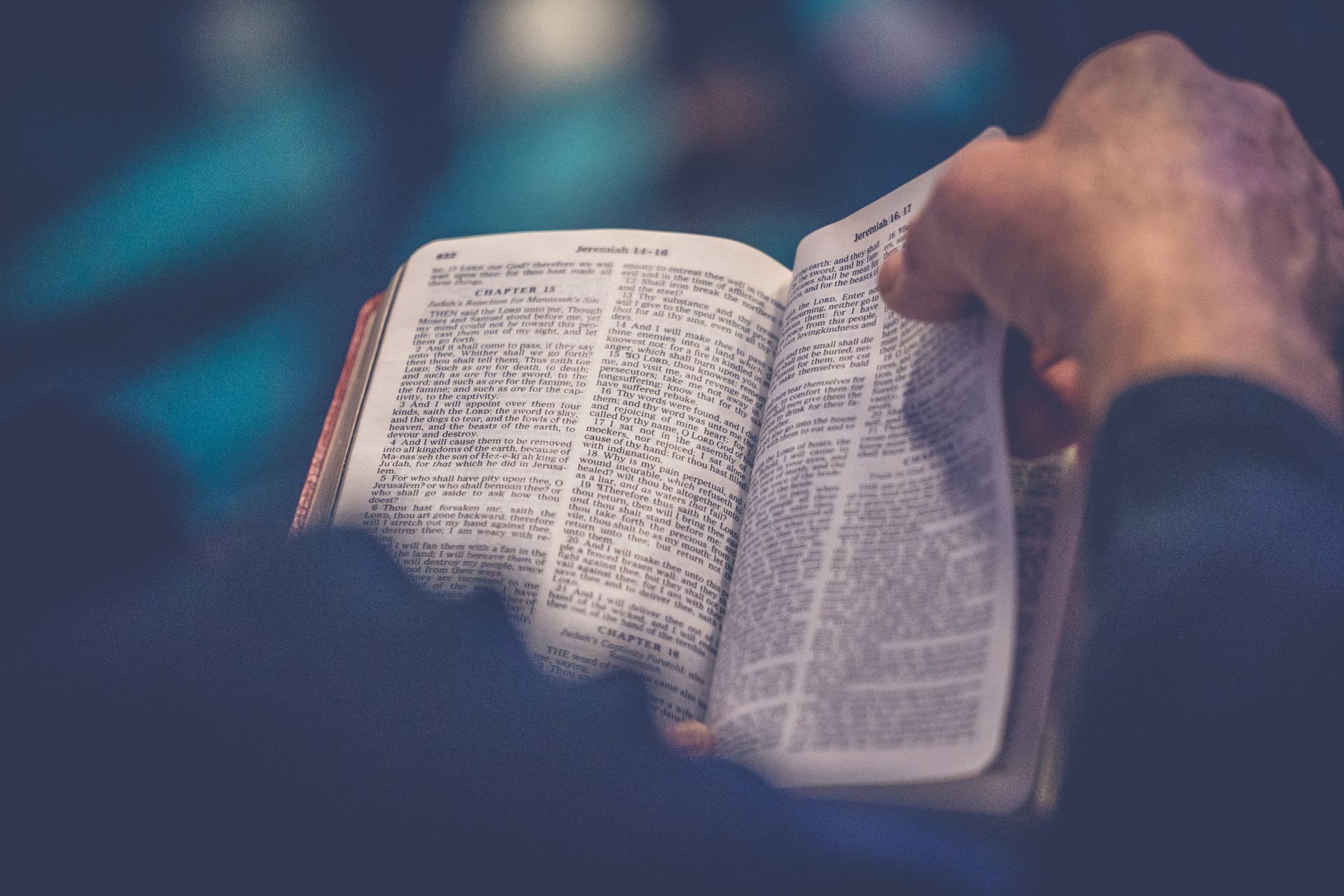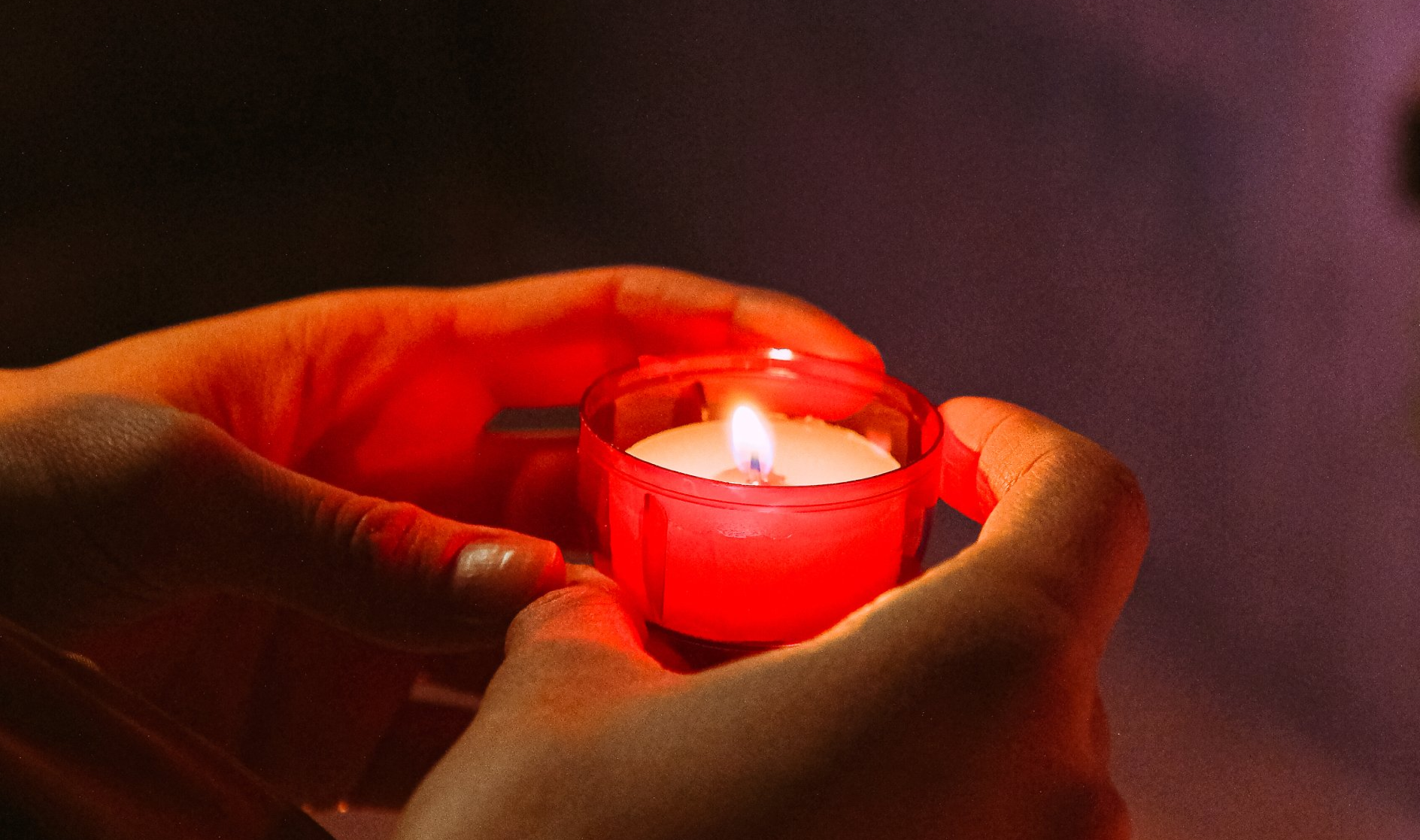Thursday - March 13, 2025
READING
“Return to God with all your heart, the source of grace and mercy. Come see the tender faithfulness of God.” Marty Haugen
WORDS OF HOPE
Reading about The National Park Service’s orders to remove all references to transgender and queer people from its website for the Stonewall National Monument filled me with both fury and sorrow. And it has me thinking not only about all of the “erasures” of our history (Native Americans, women, people of color) but also about how we ourselves have practiced forms of erasure, self-censorship, and disowning of parts of ourselves. It’s as if we have our own internal Big Brother, seeking to suppress whatever society or our family or our partners would not find acceptable, would not find lovable. While we will take to the streets to protest such disregard for our identities by governmental forces, often we do not champion our true selves in the same way when some internalized voice in us is the oppressor.
In a recent sermon, Nadia Boltz Weber tells of a time in 1996 when her new husband was an intern at a church in Oregon, and in her desire not to mess things up for him, she tried to be as normal as possible. So, she covered her tattoos, took out her tongue ring and even wore clothes from The Gap. As well, she tried to pretend she “didn’t have a past, that she liked small talk, and that her heart wasn’t a little bit dark.” Her self-denying plan didn’t work, and I, for one, am grateful, for no one has taught me as much about God’s grace as this pastor by bringing her full self to her work— including her past, her addictions, failures, and her “dark” heart.
Writing this piece on Ash Wednesday, I’m seeing more clearly a difficult tension in our work during Lent. It’s a time in the liturgical year in which we practice self-examination and honesty before God, but this pursuit can turn to a self-flagellating litany of all our faults. I experienced this painfully the other day in a prayer session in which I once again confronted my lingering perfectionism. Having begun as radical honesty, the part of me that is a harsh task master began a “then there’s this and this and this” in a process which didn’t stop at honest confession, but re-wounded already tender parts of a younger self who disappointed important others.
Christine Valters Paintner, our Lenten guide, says of the wilderness: It is a “metaphor for those places we need to wrestle and ultimately soften toward ourselves, bringing lavish compassion to the things we struggle with, and listen for ancient wisdom to practice our way into a renewed way of being.” Can you remember the days when we thought that just by discipline and self-control we could clean up our act? Paintner’s approach of self-compassion is healing and provides a re-orientation for this season.
Boltz Weber presses even further reminding the incarcerated women to whom her sermon was delivered that the Ash Wednesday scripture from Joel calls listeners to “return to God with all your heart.” Your broken heart, your resentful heart, your heart that aches to trust, your angry-as-hell heart, your protected heart, your grieving heart, your warrior’s heart for justice…and more and more…In God’s wide mercy, God not only receives your heart—whatever its state—but loves your heart and desires your healing and wholeness more than you can ever imagine.
PRAYER
This Lent “may you remember that you are dust, yes, but dust that is holy, crafted by the hands of the Creator, held in love and formed for good.”* Amen.
(*Sarah Bessey)
DEVOTION AUTHOR
Dr. Pat Saxon
Need More Inspiration? Read our Daily Devotions






